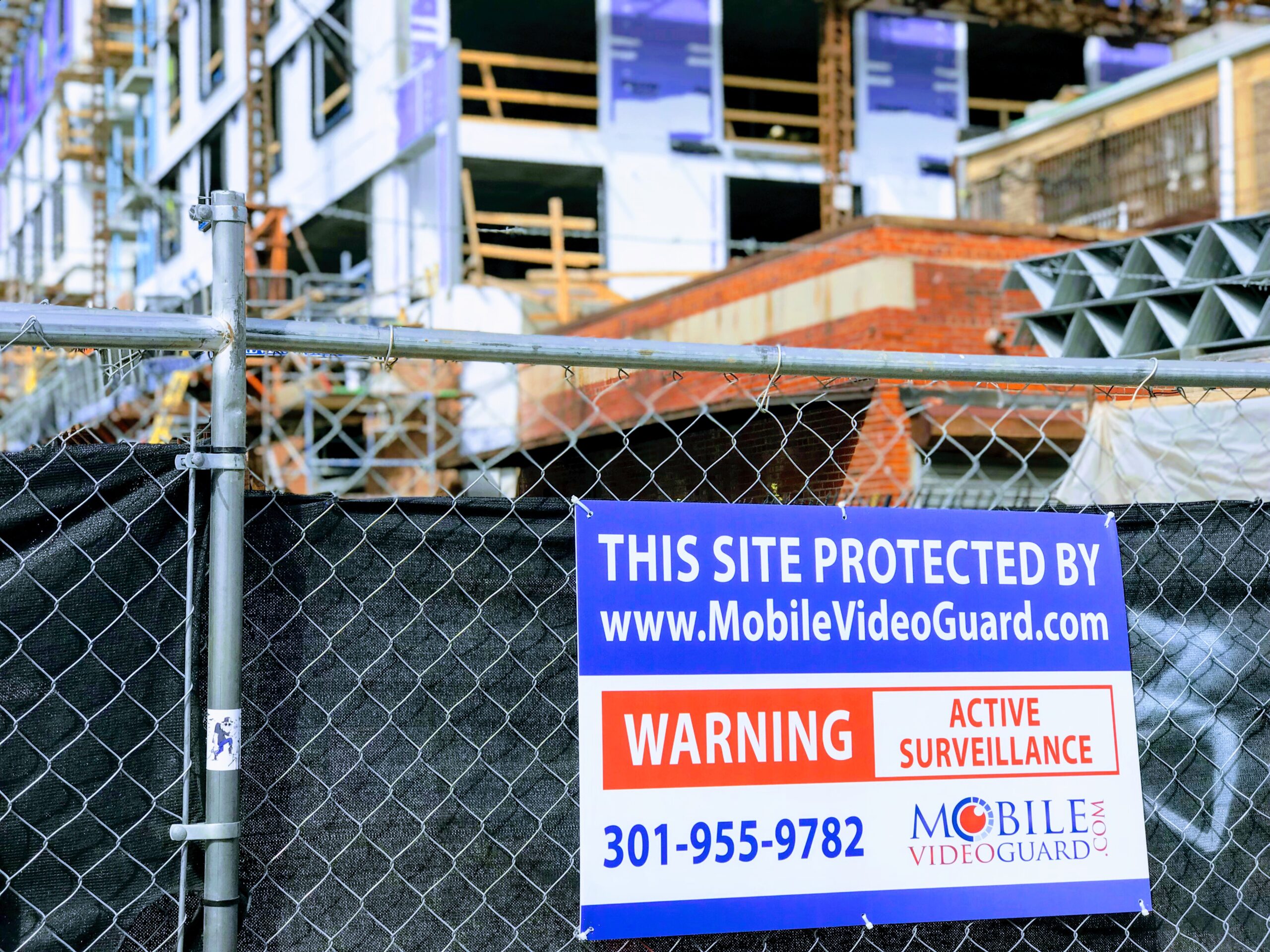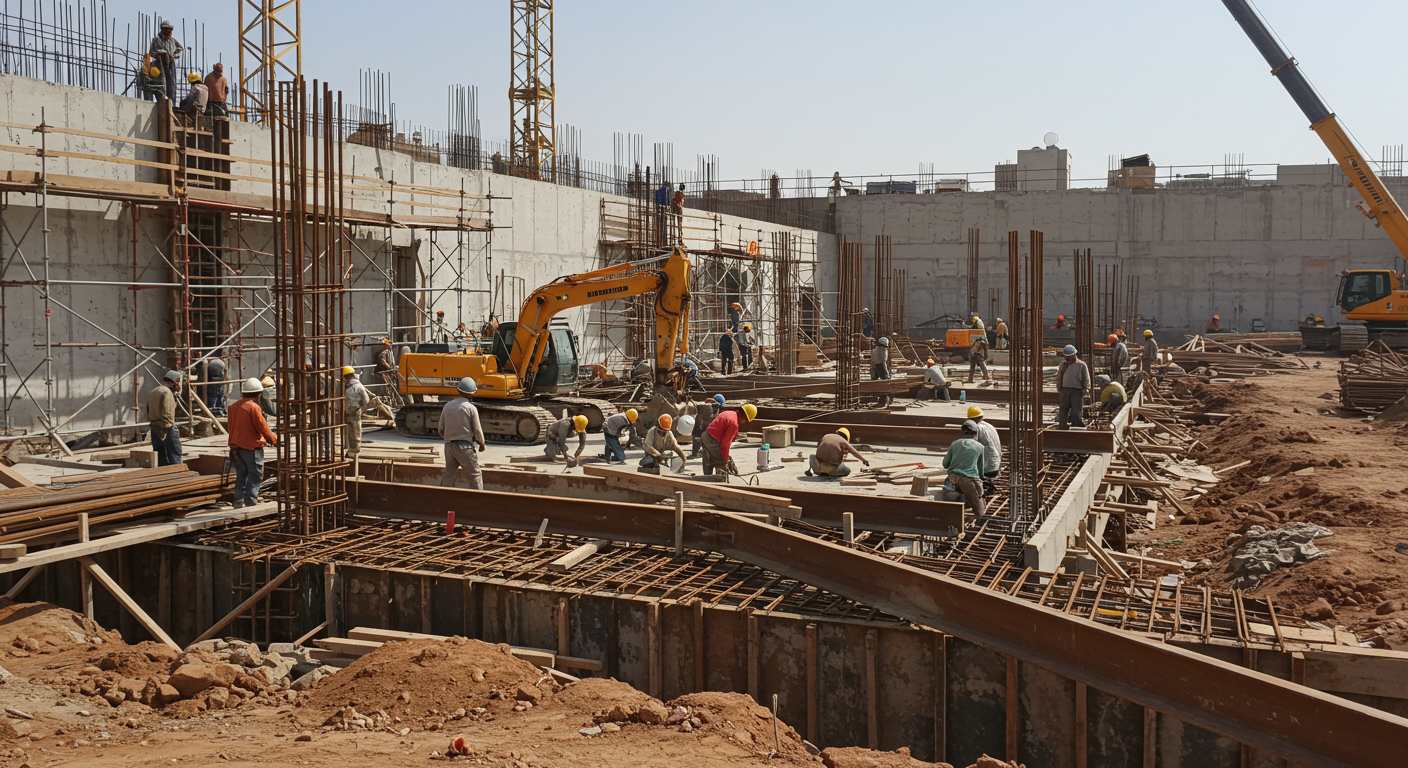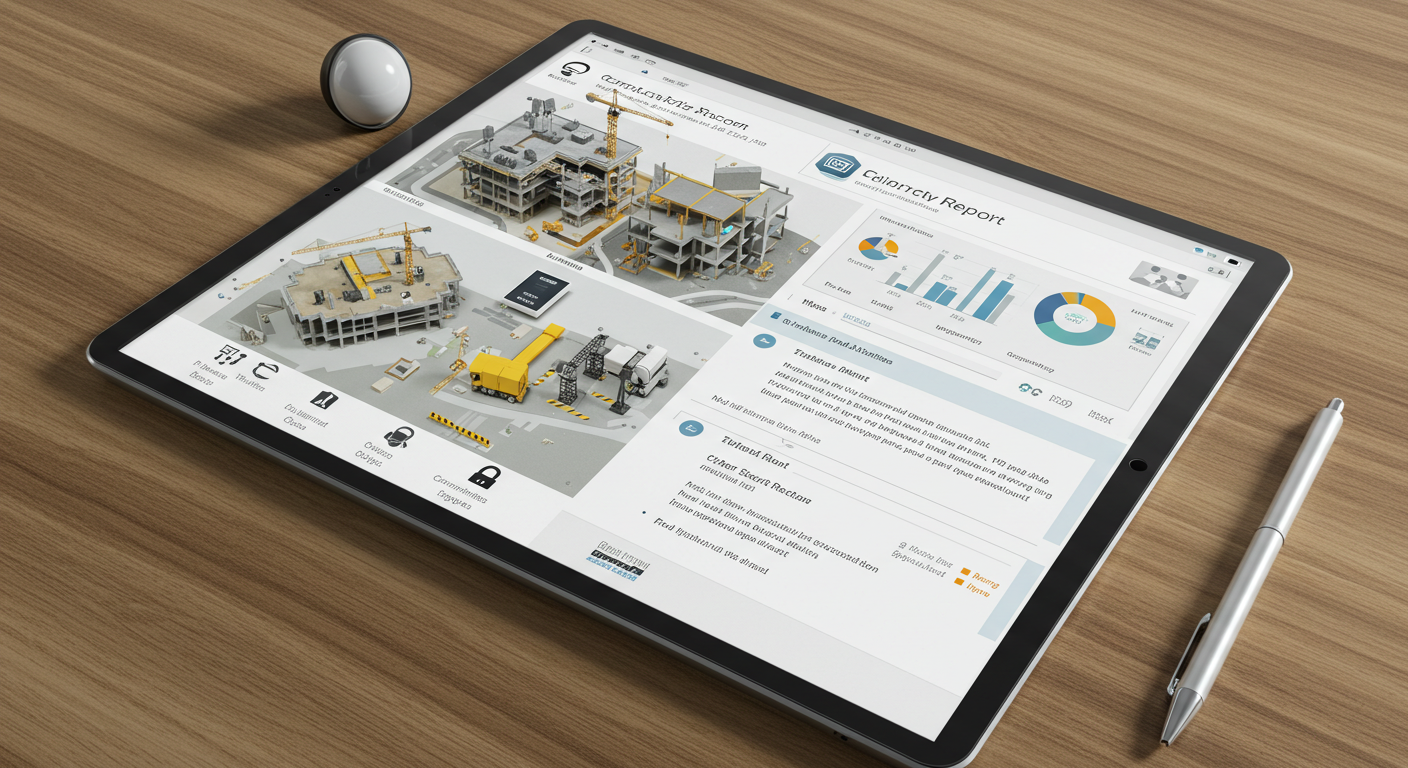Consider these factors before you select a video surveillance system to meet your needs

As a business owner, one of your top concerns is maintaining a safe and secure workplace. A video surveillance system can be a valuable tool to protect your company from intrusion, burglary, vandalism, fire, and other threats, letting you rest assured that there are always eyes on your property.
Cameras and systems are more sophisticated than ever before, benefiting from the accuracy of motion sensors and the convenience of remote access. Recording technology and storage capacity have also advanced by leaps and bounds, providing small businesses with near-limitless access to footage that keeps their people and investments safe.
There are many ingredients to an effective security system — so before you sign that contract, here are some factors to consider.
Property size
Depending on what you need to keep your eyes on, you’ll want different different numbers and kinds of cameras. For example, if the parking lot or rear entrance is a concern, a camera that can handle outdoor weather is a must, as well as motion sensors and PTZ (Pan, Zoom, and Tilt) functionality.
Before deciding which cameras work best, it’s a good idea to do a site survey, preferably by professionals. They know what questions to ask, how to find blind spots, and how many cameras your property actually needs (the bigger the business, the more cameras, of course).
Video surveillance budget
There are a lot of factors to consider here—property size, number of cameras, the amount and type of video storage, and a variety of miscellaneous features, including motion detection and software analytics. Hardware traditionally makes up the lion’s share of the cost, especially in a DIY project, with expenses ranging into thousands of dollars. But quality providers also offer subscriptions and packages that have made installation, upgrades, and services, including professional remote monitoring, very affordable.Â
Installation
While it is possible to install your own video surveillance system, here are just a handful of reasons why getting professionals involved can make life easier (and more secure).
- They can assess your security needs first-hand.
- They can double-check that you’ve ordered the right equipment and it’s working properly.
- They can show you how everything works.
Installation of cameras, in particular, benefits from a professional’s expertise, especially when you need them mounted outdoors. For example, the best angle from which to see your property may be the hardest to connect to power cables. Motion sensors can also be tricky to self-install, leading to a lack of coverage or possible false alarms.
Camera choice
In the past, businesses relied on old analog surveillance cameras, which had limited resolution and required hard wiring. These are being phased out to make room for modern IP (internet protocol) cameras, which are networked, operate at higher resolutions, and can provide analytics and mobile alerts.Â
When choosing cameras for your video surveillance system, consider these factors:
-
Type of camera.
There are many varieties of security cameras out there. The most familiar will be dome cameras (usually on the ceiling under a tinted cover), bullet cameras (boxy rectangles that jut out from walls), and PTZ cameras (Pan, Tilt, and Zoom, which have rotating lenses that can zoom and change direction). Which type is right for you may depend on why and where you need them.
-
Camera placement.
If you need eyes both on the interior and exterior of your business, you’ll need both indoor and outdoor cameras. Outdoor models should be weatherproof to prevent dirt or moisture from gumming up the works.
-
Frame rate.
Video is, at its core, many still images shown in quick succession—the more still images per second (a higher frame rate), the smoother the image. Thirty frames per second (fps) is considered the standard, although there are systems that capture 60 fps.
-
Resolution.
To have useful footage, of course, you need to be able to get a clear picture. A baseline for this should be HD cameras that shoot in 720p.
-
Lighting.
If nighttime surveillance is a priority, look for cameras that have a high number of low-light infrared (IR) LEDs. The more you have, the clearer your dark footage will be. Also, be aware of how your cameras handle reflections and glare.
-
Audio.
Not all surveillance systems are equipped to handle audio. If this is a priority, you’ll need to consider options such as the quality of the microphone (in-built, external, or zoom) and whether you want to be able to talk to the person on the other end of the camera via a speaker.
Video surveillance storage capacity
Once a system records footage, you’ll need someplace to store it. How much storage depends on various factors, including how many cameras you have, the resolution of their recordings, how much footage you need to keep, and how long you intend to keep it.
You’ll likely want to store the footage in the cloud, which comes with an annual subscription fee rather than paying for a private server. Cloud storage costs are scalable, so you may want to consult a professional to ensure you’re only paying for what your business requires.
Your industry
Video surveillance systems are useful in practically any line of work, but there are some areas where they’re truly essential. No matter the industry, Mobile Video Guard has a security solution. But here are two examples of unique industry security threats and security needs:
- In construction, the potential for theft or vandalism is very real. Mobile Video Guard surveillance provides round-the-clock services with weather-resistant, night-vision cameras and professional monitors on hand during critical overnight hours. Trained security personnel can quickly identify threats, warn off intruders via alarms and loudspeakers, and alert law enforcement in the event of suspicious activity. Cameras can connect to an onsite power source or use generators or solar power.
- With high-value inventory on full display, car dealerships can be prime targets for theft, with billions of dollars lost every year. Video surveillance gives dealerships continuous eyes on showrooms, parking lots, service bays, and all access points, keeping employees, customers, and inventory safe.
Reliable, monitored security at the ready
A quality video surveillance system keeps inventory secure and employees safe while providing peace of mind that your property is monitored by trained professionals. And the investment is well worth it when losses and insurance premiums go down, and you can focus on running your company — knowing that someone always has your back.Â
Mobile Video Guard stands ready as a trusted partner in safety. Contact us today for a free quote and to learn more.



